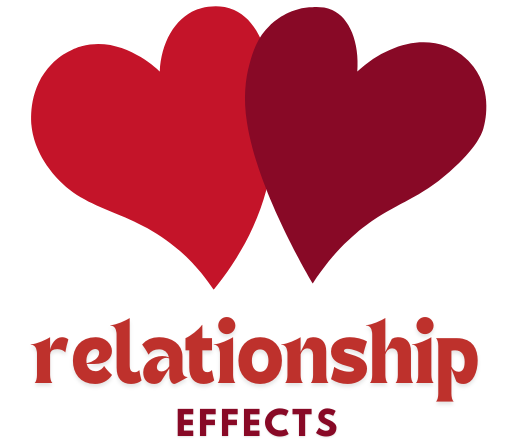Infidelity can feel like a dagger to the heart, an unexpected and painful betrayal that leaves you questioning everything you thought you knew about your relationship. The path to forgiveness is undoubtedly challenging, and the idea of forgetting seems almost impossible. Yet, many have traversed this painful journey, finding ways to heal and, in some cases, rebuild trust. Forgiving infidelity isn’t about pretending it never happened but about finding a way to move forward without the weight of past mistakes crushing your future.

Understanding the Depth of the Wound
When someone cheats, it doesn’t just break trust; it shatters it. The immediate aftermath is often a whirlwind of emotions: anger, sadness, confusion, and deep hurt. It’s crucial to acknowledge these feelings rather than suppress them. Allow yourself to grieve the loss of the relationship as you knew it. This stage isn’t about making decisions but about processing the trauma. Talking to a therapist or a trusted friend can be immensely helpful during this time. They can offer a safe space to vent your feelings without judgment, helping you navigate through the storm of emotions.
Understanding why the infidelity happened is also part of this painful process. While it’s never an excuse, knowing the underlying issues can provide context. Was it a moment of weakness, an ongoing dissatisfaction, or a cry for attention? This understanding doesn’t absolve the betrayal but can be a step towards making sense of the senseless.
The Decision to Forgive
Forgiveness is a personal choice and not one to be made lightly. It’s about deciding whether the relationship is worth salvaging and if both parties are willing to put in the necessary work. This involves honest, often uncomfortable conversations. The unfaithful partner must be genuinely remorseful, showing a commitment to change and rebuilding trust. On the other hand, the betrayed partner needs to assess if they can eventually let go of the resentment and pain.
Forgiving doesn’t mean you will forget. The memory of the betrayal might never fully disappear, but forgiveness can help diminish its power over you. It’s about freeing yourself from the burden of anger and hurt. Some find solace in spiritual or religious practices, while others rely on personal introspection or professional counseling. Whatever the method, it’s essential to remember that forgiveness is for your peace of mind, not just for the relationship.
Rebuilding Trust and Moving Forward
Rebuilding trust after infidelity is a long and arduous process. It requires patience, consistency, and transparency from both partners. The unfaithful partner must be an open book, willing to answer questions and provide reassurances as needed. They should also take proactive steps to understand and address the reasons behind their infidelity to prevent future occurrences.
The betrayed partner must work on healing and gradually opening up to trust again. This doesn’t happen overnight and may involve setbacks. It’s crucial to set realistic expectations and not rush the process. Rebuilding trust is about small, consistent actions that show commitment and reliability over time.
Couples therapy can be a valuable tool in this phase. It provides a neutral ground for both partners to express their feelings and work on their relationship. A therapist can guide them through exercises to rebuild trust, improve communication, and foster a deeper connection.
Ultimately, the goal is to create a new relationship dynamic where both partners feel valued, secure, and connected. It’s about learning from the past without being imprisoned by it. This new dynamic might be different from what you had before, but it can be stronger and more resilient if both partners are committed to growth and healing.
Moving Beyond the Past
The question of whether you can forget infidelity is complex. While the memory might never fully vanish, it doesn’t have to define your relationship. Over time, with effort and understanding, the pain can lessen, and the betrayal can become a distant echo rather than a persistent wound.
It’s important to note that not every relationship can or should survive infidelity. Sometimes, the betrayal is too deep, and the trust too broken. In such cases, forgiving can still be a powerful act, not for the sake of the relationship, but for your own peace and closure. Forgiving allows you to release the anger and pain, making room for new, healthier connections in the future.
In the end, forgiveness and the possibility of forgetting depend on individual circumstances, the nature of the relationship, and the commitment of both partners to healing and growth. It’s a deeply personal journey, one that requires courage, vulnerability, and an unwavering commitment to your well-being and happiness.
Ally is editor at Relationship Effects and a keen writer on the topics of love and relationships. When she's not writing about the highs and lows of being in love, you're likely to find her catching up on the latest season of Bridgerton (again), reading, or hanging with her two ragdoll cats.
